1. Some Information About Hypothermia
What is Hypothermia?
Hypothermia is characterized by an abnormal drop in body temperature. The normal body temperature is around 37°C, but in cases of hypothermia, the body temperature falls below 35°C and requires immediate medical attention. Hypothermia can lead to malfunctioning of the heart, nervous system, and other organs, making it a life-threatening condition.
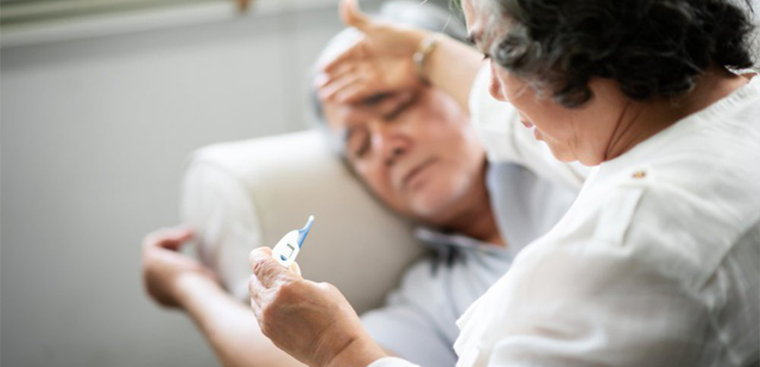
Causes of Hypothermia
Hypothermia can be caused by exposure to cold weather or cold water without protection. Wet clothing, strong winds, and prolonged exposure to cold water can all lead to hypothermia. Consuming excessive alcohol and operating in low room temperatures are also risk factors for hypothermia.
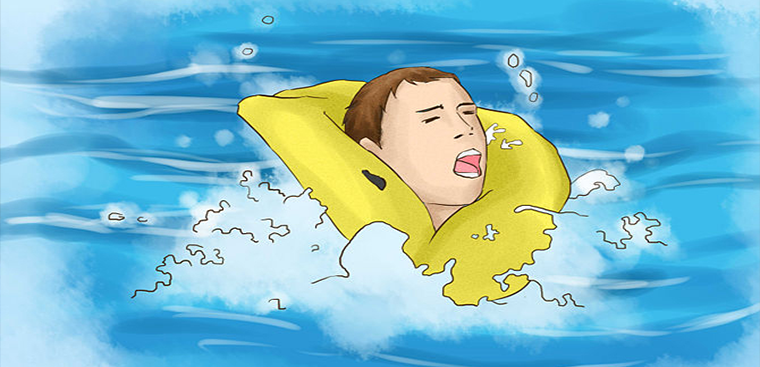
Subjects Prone to Hypothermia
The elderly, children (especially those under 5 years old), individuals regularly exposed to alcohol and stimulants, and people using sedatives, narcotic drugs, and antidepressants are more susceptible to hypothermia. Additionally, individuals who have drowned or stayed in cold environments for extended periods are at risk.
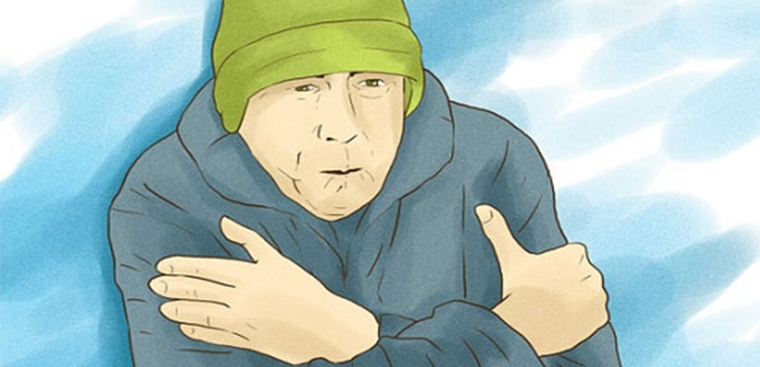
Manifestations of Hypothermia
The manifestations and severity of hypothermia depend on the specific drop in body temperature:
- From 35 – 34 degrees Celsius: Mild hypothermia;
- From 34 – 32 degrees Celsius: Moderate hypothermia;
- From 32 – 25 degrees Celsius: Severe hypothermia;
- Below 25 degrees Celsius: Critical hypothermia.
The outward manifestations of hypothermia usually develop slowly and include tremors, weakness, confusion, slurred speech, drowsiness, and unconsciousness.
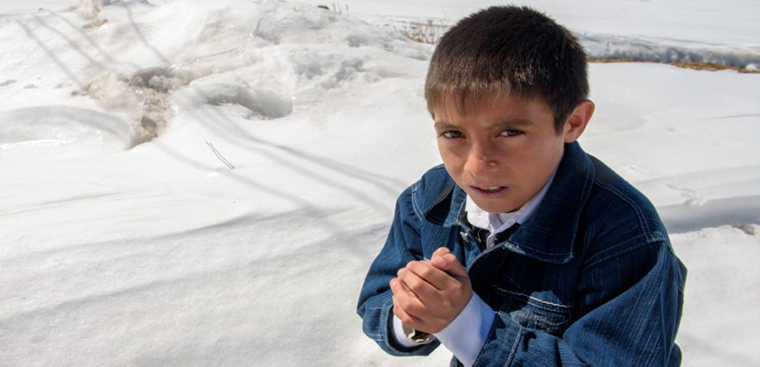
2. How to Deal with Hypothermia
In Case the Victim is Unconscious
If you encounter an unconscious individual with hypothermia, wrap them in a warm blanket and call for assistance to take them to the nearest medical facility for emergency treatment.
In Case the Victim is Awake
If the victim is outdoors, bring them into a home or shelter quickly. If they are indoors, warm the room, change their wet clothes, cover them with a warm blanket, and provide them with energy-rich foods and warm water. If there is no improvement or their mental status worsens, seek medical assistance promptly.
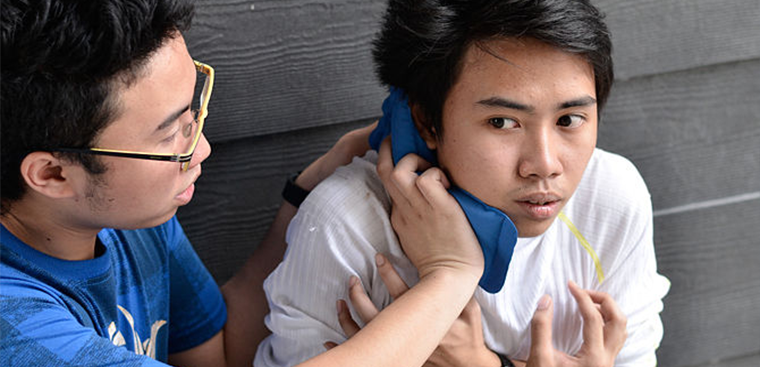
Notes When Giving First Aid to People with Hypothermia
When giving first aid to individuals with hypothermia, it is important to avoid accelerating their hyperthermia, carry out the aid gently, avoid massaging their extremities, refrain from using stimulants or vasopressors, and focus on the safety and well-being of the person.
3. Some Notes to Avoid Hypothermia
To prevent hypothermia, it is advised to dress warmly, take care of young children and the elderly, stay hydrated and consume enough calories, be aware of weather changes, and avoid prolonged exposure to cold water.
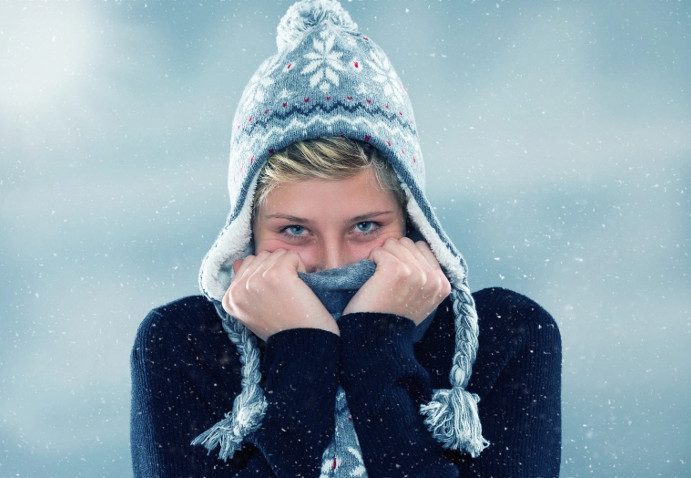
In addition to improving living habits, it is recommended to equip heating devices such as heaters and electric blankets to ensure comfort and to reduce the risk of hypothermia.

With this information, we hope to provide knowledge and help in preventing and treating hypothermia before it becomes a serious issue.


































